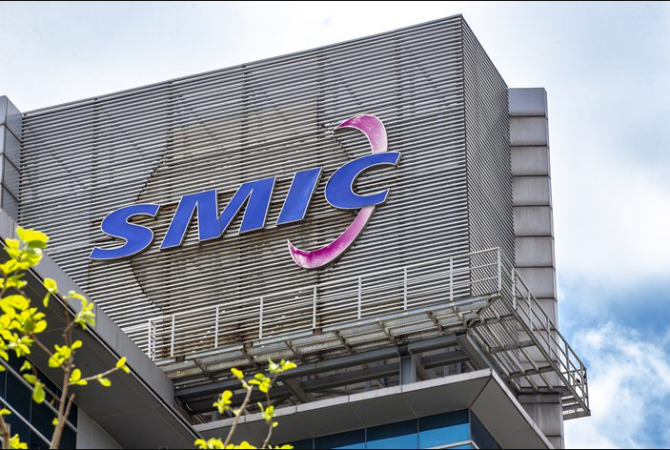
Beijing: SMIC said it is carefully evaluating the effects of the most recent US export control measures on its business operations, after China's top foundry reported flat third-quarter revenue.
SMIC, which is already on a US export control list, said in a corporate filing on Thursday that new export controls imposed by Washington, along with weak demand, will hurt business this quarter.
According to SMIC, "Fourth quarter revenue is expected to decrease by 13% to 15% due to weaker demand in the smartphone and consumer electronics sectors as well as the need for some customers to take some time to understand the new US export control regulations." hopefully.
Also Read: With its intrinsic services, Chati.Chat WhatsApp API tool becomes first choice amongst businesses
It's the first time SMIC, China's best chance to boost its advanced chip manufacturing self-sufficiency, has conducted a preliminary assessment of the effects of new US Bureau of Industry and Security regulations unveiled last month.
SMIC stressed that the new rules would negatively impact its operations and production, and it is working to further clarify some of the definitions in the most recent US rules.
SMIC's chip-making technology is a "generation" behind more sophisticated fabs such as Taiwan Semiconductor Manufacturing Corporation (TSMC) and Samsung Electronics, but the Shanghai-based business has benefited from high domestic demand for chips that are produced using established node technologies
Also Read: Amazon India and TVS Motor collaborate to deploy EVs
Revenue for the third quarter rose 0.2% from the second quarter to US$1.91 billion, but this was a significant increase of 34.7% from $1.42 billion in the same period a year earlier. Net profit in the third quarter rose 54.1% from the same period last year to $574.4 million, according to a company filing. The company increased its annual capital expenditure budget from US$5 billion to US$6.6 billion.
In December 2020, SMIC, the only Chinese foundry capable of mass-producing 14-nanometer nodes, was added to the US Entity List. This prevented SMIC from developing the technology below the critical 10-nm threshold, which is often used to make cutting-edge chips for smartphones and tablets.
According to media reports, earlier this year SMIC acquired the capability to manufacture a unique chip using its state-of-the-art 7-nm process, which SMIC has never publicly denied or confirmed.
According to its filing, SMIC's third-quarter gross profit margin was 38.9%, down 0.5% from the second quarter.
Also Read: 7 Updates That Have Been Confirmed for the Tata Harrier